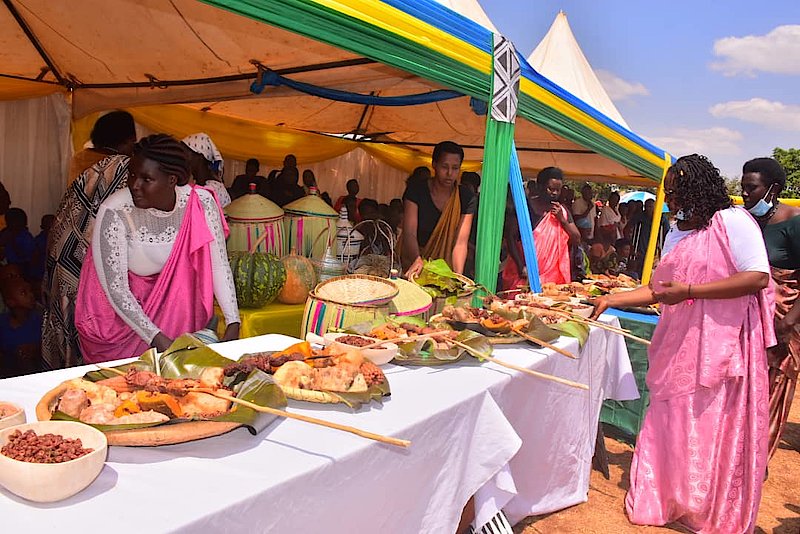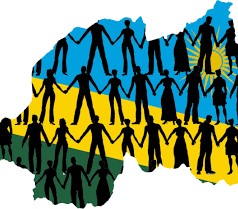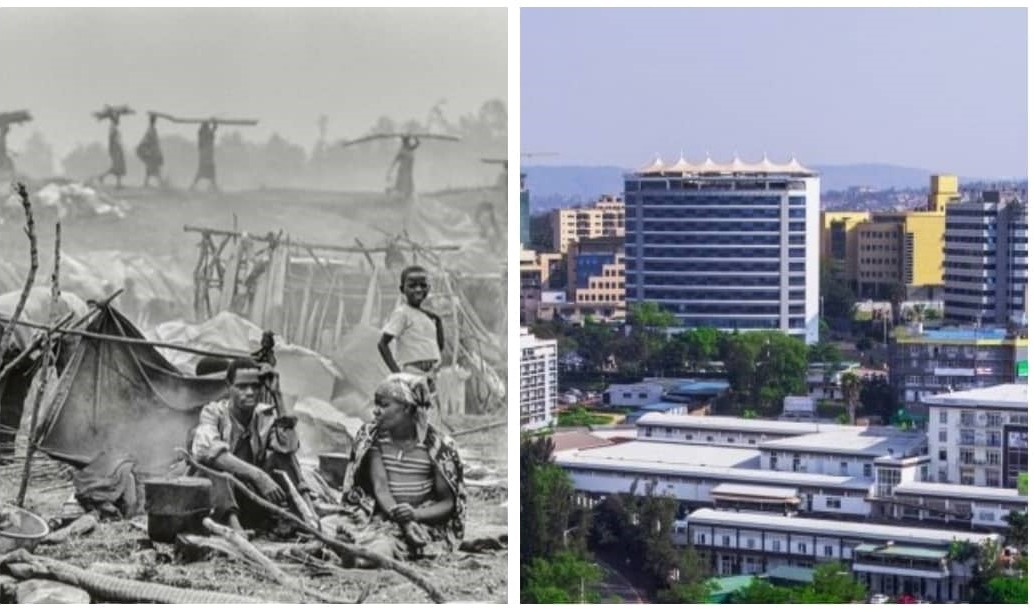Regional
Umuganura, a celebration of Rwandans’ cultural heritage

Every
first Friday of August, Rwandans celebrate Umuganura, the national
cultural thanksgiving day, and one of the most important cultural festival based
on annual harvest, or simply, the harvest festival.
On
this occasion, Rwandans gather to share essential traditional food including
beans, sorghum, corn, cassava, sweet potatoes, pumpkins and other traditional
greens. They also share sorghum beer, milk, and banana beer.
Then
follows Igitaramo, which is more of a
celebration of nationhood, than a mere party. The music and the dancing would
choreograph Umuganura. The celebration remains the only traditional event that
brings Rwandans together and helps them to remember their roots, especially
traditional feasting.
However,
Umuganura goes beyond celebrations for Rwandans. It is an opportunity to
evaluate the achievements made in a previous year and set more strategies for
future sustainable development through homegrown solutions.
The
festival also reminds Rwandans of their unity as a people, and the importance
of preserving that unity.
Those
who got the best harvest provide for those who got a poor harvest. This has
strong connotation in strengthening unity among Rwandans, and that is why they
want Umuganura to persist forever.
Umuganura celebrations
resumed in 2011, after being halted by colonialists in 1925. Researchers say it
goes way back to the 11th century, when Gihanga Ngomijana reigned. Gihanga
I ("Creator", or "Founder") is
a Rwandan cultural hero described in oral history as an ancient king
popularly credited with establishing the ancient Kingdom of Rwanda. Oral
legends relate that Gihanga descended from a line of 12 gods headed
by Kigwa and introduced foundational elements of the African Great
Lakes civilization, including fire, cattle, metalworking, hunting, woodworking,
and pottery.
The
colonialists knew that to control Rwanda, the fabric of its society as they
found it, had to be torn apart. It was no accident that in effecting this
cultural disintegration, Umuganura would be their first target.
The
values Umuganura represented such as generosity, cooperation, a community
support system, and sharing, are still upheld today. Sharing harvest and expression
of gratitude toward fellow community members have a sense of belonging, and
serves as a moment to celebrate the resilience and valour of Rwanda and its
people.
That
is why the post-Genocide Rwandan leadership restored this important cultural
event, as an occasion to celebrate valuable contributions of each Rwandan individually
– at home and abroad – toward the country’s renewal and continued quest for
sustained growth and prosperity.
The
day serves as an opportunity to reaffirm Rwandans’ strong sense of community
and belief in their individual and collective capacity to steer Rwanda to
greatness, with each successive generation playing its part in the enduring
commitment.
Umuganura also
includes the making of commitments for the next year (future planning), and to
strengthen Rwanda, in its essence.




